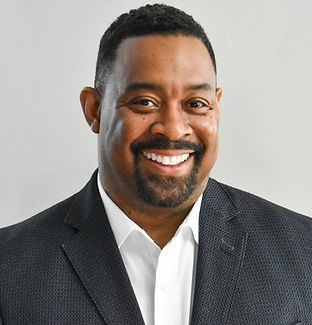About

Jesus Peace Collective is a diverse and ecumenical group of like-minded Jesus followers committed to living and spreading the nonviolent, active peacemaking teachings of Jesus and the early Church.
Jesus Peace Collective was born out of the conviction that Jesus' teachings on enemy love and active peacemaking have largely been lost in the modern church. Therefore, the collective seeks to engage, educate, and equip Christians in these ancient paths of peace to see the church live up to its calling as the bride of Christ, and live with greater fidelity to the teachings of Jesus faithfully bearing witness in a world of brokenness, fear, and violence.
The Collective also seeks to counter Christian nationalist ideologies undergirding so much of the culture around us that run contrary to Jesus' kingdom message.
Goal

Jesus Peace Collective seeks to be a resource and community that helps disciples of Jesus in their calling to live as nonviolent agents of peacemaking in the world.
Frequently Asked Questions
Contributors
There are many people involved with the Jesus Peace Collective, below are just a few of the contributors or partners of the collective. Jesus Peace Collective is a diverse and ecumenical community that does not necessarily agree on all matters, but possess a shared conviction about the nonviolent and active peacemaking teachings of Jesus and the early church.






















